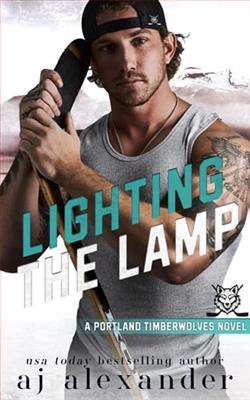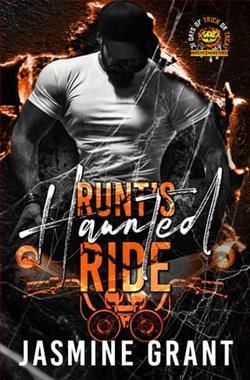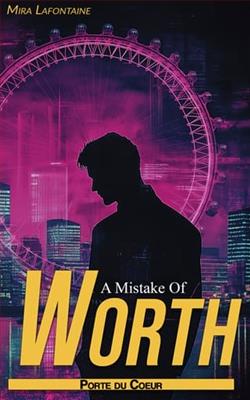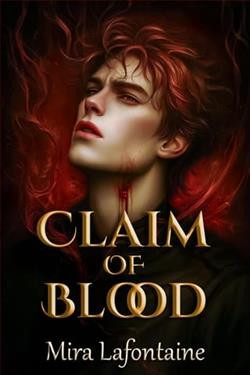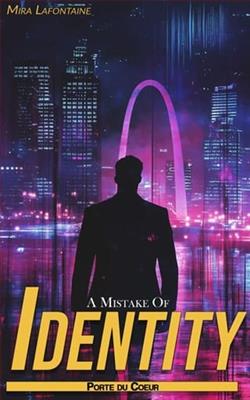Page 96 of Always Meant for You
He nods and checks his watch. “They’re expecting me. You know how I feel about being late and sticking to a routine.”
“I do.”
I remember how he used to measure chicken feed with maddening precision while Jamie and I sat on the fence, practically vibrating with impatience. I wanted to race to the quarry, to cannonball into summer. Cal wanted to finish his list. He never hurried. Never cut corners. Not once. Even when I huffed or groaned or rolled my eyes, he stayed steady.
“I’d like to see your grandmother,” I say gently. “If that’s all right with you.”
His hands ease their grip on the wheel. “I should warn you. She probably won’t remember you. Most days, she doesn’t recognize me.”
He steps out, circles to my side, and opens the door. He stands tall, shoulders squared, every muscle held tight as if discipline might protect him from what’s coming. But I see the grief beneath it. Pretending takes its toll. I know that too well.
And she’s all he has.
And he’s losing her.
I think of my dad.
He buried his wife.
Raised two kids alone.
Buried a son.
Had a daughter walk out on him.
This is the hard truth. I never let myself consider the enormity of it, not really. I shoved it aside and filled that space with loathing for him and this town. Maybe that made it easier, numbed the pain.
But this is what loss looks like. Not the loud, weeping kind. The quiet ache.
“I want to go in with you,” I say, wanting to touch him, but holding back.
He swallows hard. “Okay.”
Inside, the space is brighter than I expect. Natural light spills across the tiled floors, softening the room’s edges. Bowls of fresh fruit rest beside pitchers of iced tea on every table. Someone has taken the time to arrange small vases of daisies and snapdragons. A low hum of conversation rises and falls in waves. The air smells of lemon polish and hand sanitizer, clean and oddly comforting.
“This way,” Cal says, leading me toward a corner table near a large window that looks out over a blooming garden.
A nurse waves us over.
And then I see Gladys Horner.
She’s seated upright, her hands folded neatly in her lap. Her face is familiar. The same rounded features, the soft bobbed gray hair, the petite frame. But her spark is gone.
I glance at Cal.
He’s staring at her. Every emotion he’s fought to contain is etched into his face. He’s grieving in slow motion, and it shows.
I drop to one knee and take Gladys’s hand in mine. “Hi, Mrs. Horner.”
She doesn’t flinch. Doesn’t blink. Her gaze stays fixed on the window beyond us.
“Bring a date?” the nurse teases with a smile, looking at Cal.
His name tag reads Ruben. His skin is deep and warm-toned, his eyes kind and sharp with humor. Something about him eases the tension.
Cal tugs at his collar. “She’s not my date. She’s my?—”
“Coworker,” I offer. “I’m Mabel Muldowney. The town hired me to promote the Elverna Sustainable Farming Initiative. Cal and I are working together.”









